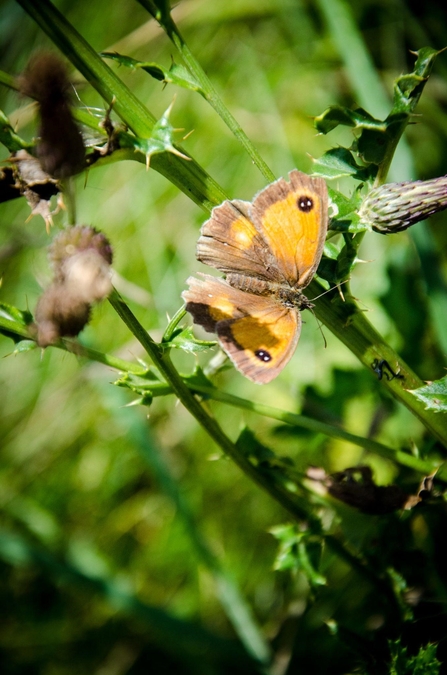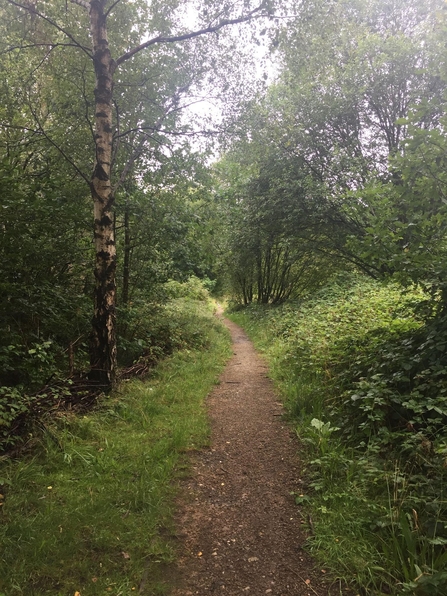Nature is not a luxury. Being in a space full of life should not be a luxury. But it is.
I live in Manchester and over lockdown a small nature reserve near me has been a lifeline. It is not big. There are no ospreys or beavers. But I have found a herons nest, listened to birdsong and learned to recognise cinnabar moth caterpillars. I have learned so much without having to travel for miles and it has been a space where I can just stop. But I have increasingly become aware of how lucky I am to have access to this sort of space.
More young people are growing up in cities than ever before. My generation is increasingly growing up without access to nature, but time spent in nature as a child has a strong correlation with environmental behaviours later in life. We are in a climate and biodiversity crisis: empathy and a strong connection with the natural world built now could give my generation the motivation to act to protect it.



